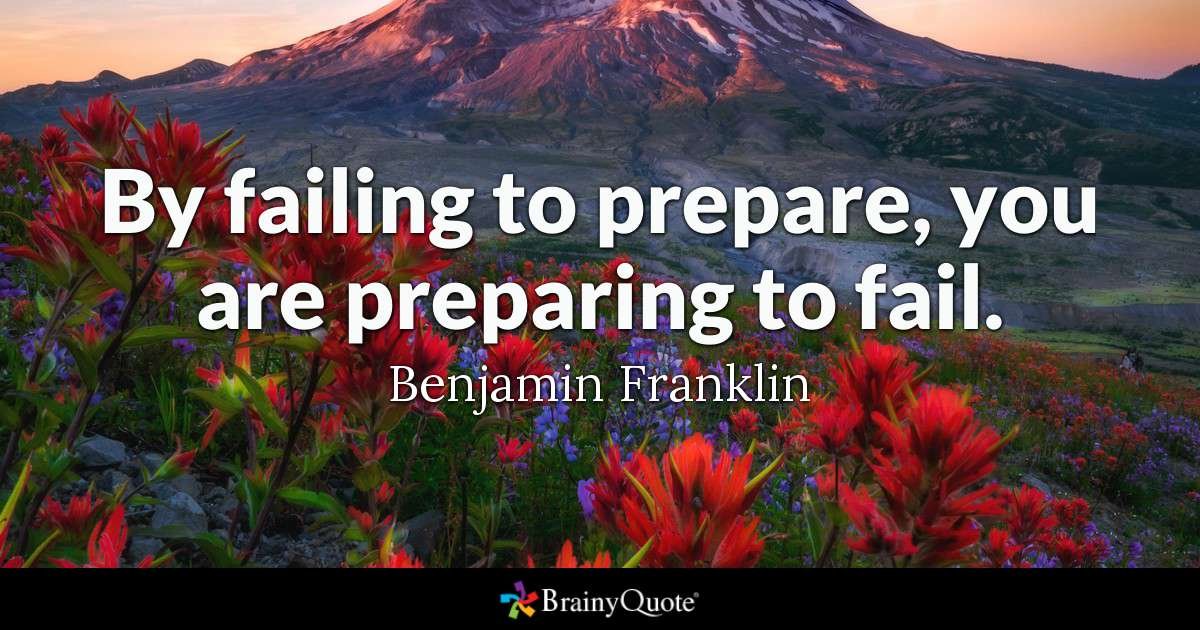Shri Hanuman had boon to be immortal. And be present where ever there is Ram stuti.
I came across this beautiful story that I would like to share
#threadstories
#Hanuman ji is believed to live in the foothills of Himalayas. But once he spent a lot of time in Sri Lanka
1/9
Where Ravan's brother ruled for many years..
On his way back he came across tribal people from community called #Mathanga
He gave Darshan to them. The chief of the tribe asked him to keep coming back to guide their generations
Hanuman ji said that whoever recites this mantra
2/9
I will give them Darshan. But there are two conditions
1st he/she must know his relationship with me
2nd there must not be anyone around him in 950 mts radius. If present, that person must also know about my relationship with him /her.
He promised to come after every 41 yrs
3/9
The Mathangs also maintain a ‘logbook’ where they record all the words spoken and ‘leelas’ performed by Lord Hanuman.
They call him their Guru
Who teaches them how to live their lives.
A Sri Lankan organization called Setuu is studying this ‘logbook’ and also conduct
4/9
programmes for Hanuman devotees who can do ‘Sadhna‘ under the guidance of Setuu masters. Devotees who qualify all the criteria will be eligible for Hanuman’s ‘sakshaat darshan‘
The Setuu has certain conditions that need to be kept in mind which includes devoting one complete
5/9
